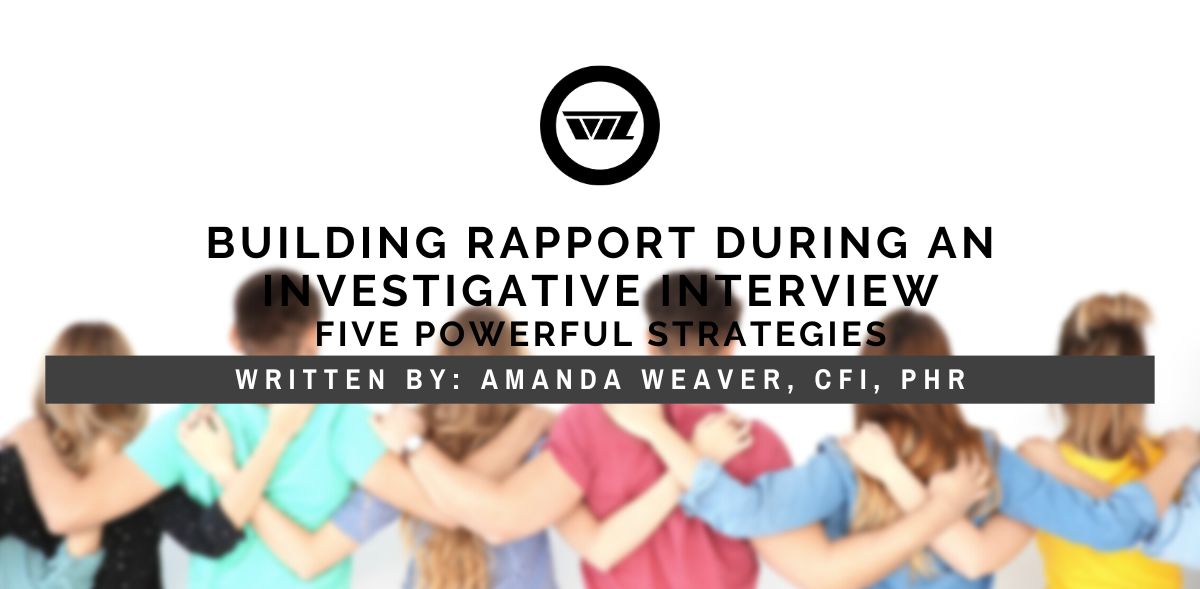You flop the straight flush and the player before you raises into you. You hide your reaction attempting to contain your excitement about your pending payday as it is almost as sure a bet as the sun rising in the morning. As the play continues and your anticipated winnings lay scattered in the middle of the table, you see the turn card and then the river and realize you’re the victim of a bad beat – your competition hits the royal.
We’ve all been there before, over-committed to something that seemed like a guarantee. Ask those folks who bet on the Patriots winning the Superbowl this year, they understand the feeling. Wouldn’t it be great if, prior to making a bet or showing your cards, we had the ability to have more information? Knowing what your opponents cards are, their tendencies and their level of confidence in your hand. What if those that bet on the Patriots would have known that a starting defensive player wasn’t going to play a majority of the game – would that have changed their strategy?
Something that is seen at the poker table consistently; the player that is dealt a pair of Aces and comes out with a strong, over-the-top bet. This tells the other players to get out of the way and most likely fold their hands. Unfortunately, that player’s Aces are now only awarding him a small win, something he was almost guaranteed anyway. As all card sharks know, this player should have played his hand slower, enough to show confidence but reasonable enough to keep other players in the game. If the Ace-holder conceals his “evidence” by holding his cards, he now has a much better chance of walking away with a larger profit.
Those in the investigative world need to take the same approach to interviews and interrogations. All too often, an investigator has evidence indicating a subject’s guilt, assumes they have a sure-thing and then “shows their cards” way too early. This error can be made in multiple ways; whether it is presenting the physical evidence or in the way the interview is conducted.
Let’s take a look at how this plays out –
An investigator identifies through video surveillance that a dealer is stealing chips by not placing the tips into the tip-bucket but instead directly into their pocket. The evidence is clear, as the investigator reviewed several days of video and determined this dealer has taken approximately $1,000 in chips that should have been distributed and accounted for.
The investigator, clearly holding Aces in this hand, pulls the nervous dealer into an office to conduct an interview. Knowing he has already won the hand, the investigator makes a direct accusation to the dealer, “Our investigation clearly shows that you have taken $1,000 in chips”. Depending on the credibility of the investigator combined with the confidence and fear of the dealer – this may result in an immediate denial or eventually an admission to the $1,000. This accusation in the interview, no matter where it occurs, immediately minimizes the investigators ability to obtain more information. Although it almost guarantees an admission, it also clearly tells the dealer that the investigation is limited to the $1,000 and there is no evidence related to other crimes they may have committed.
To make matters worse, if the dealer becomes resistant, the investigator turns to their evidence and shows the video which clearly indicates the dealer’s guilt. Yes, this will be an overwhelming display of “we got you” and result in an admission to the $1,000, however it will also indicate to the dealer the limited scope of the investigation. The dealer, or any subject of an interview, is then thinking, “Why admit to anything else if this is all they know about?”
Confrontation, presenting the evidence and direct accusations all contribute to the same issue we discussed earlier, a card player showing their hand too early. These work against the interest of obtaining the most amount of information possible. The alternative to these methods, a non-confrontational interview which conceals the level of evidence possessed by the investigator, often results in more information disclosed by the subject.
Let’s review how this case may play out differently –
With the same level of evidence and same case facts, the investigator meets the dealer in the interview room. Instead of directly stating the known loss caused by the dealer, the investigator spends some time developing rapport. After all, this subject is about to disclose a secret that may impact the rest of their life so it would be important to have a level of comfort and connection with the investigator. While developing rapport, the investigator then transitions into an introductory statement where they explain their role with the casino, listing several different types of fraud they have seen in their investigative experience. Without accusing, the investigator simply describes some of these methods (taking cash from the cage, collusion with players, taking tips, time-fraud, falsifying reports, etc.) the dealer is now unaware of the extent of the investigation. They heard “taking tips”, but they have also heard a variety of other things they may be involved in resulting in fear of the scope of the investigation.
To further ensure credibility, the investigator then gives an overview of some of the investigative tools routinely used. They may discuss the extensive camera system, anonymous tips, witnesses and audit results. Without ever showing evidence, the dealer is now processing the multiple ways in which they may have been caught.
The next several minutes are spent showing understanding and rationalizing with the dealer before ever making an accusation. If the conversation is executed in the right way, at the time of the accusation the dealer knows they have been caught but does not know the limited extent of the investigation.
More often than not in these interviews, the subject’s first admission is to a crime that was originally unknown to the investigator. After making an accusation and properly developing into a confession, this dealer describes the first time they stole cash from the cage, the chips they took from tips, collusion with three players and the names of five other dealers that they know are doing the same thing.
In both examples, the investigator had the same level of evidence, dealt the same “cards”. Without being deceptive, or lying to the dealer, a non-confrontational approach strengthens the power of the evidence and minimizes resistance from the subject being interviewed. Ultimately, for the investigator and their organization, they leave the interview with a much larger “pot” than they anticipated.
As the investigator walks away with a detailed confession and implications of others involved, they nod to the poker star leaving the table with a tray of chips; both implementing a strategy of holding their cards and realizing there is always more to what we think we know. I’d bet on that.
David Thompson, CFI, is the President of Wicklander-Zulawski & Associates, Inc. (WZ). He is responsible for the day-to-day operations of WZ, as well as strategic planning and the evolution of interview and interrogation content. David has also served as the Director of Investigations giving him the opportunity to manage a variety of cases while conducting interviews and consulting on investigations ranging from theft and fraud to sexual harassment and homicide. As a speaker for WZ, David has created customized training programs, presented at seminars, hosted a variety of webinars as well as conducted live broadcasts of training.




